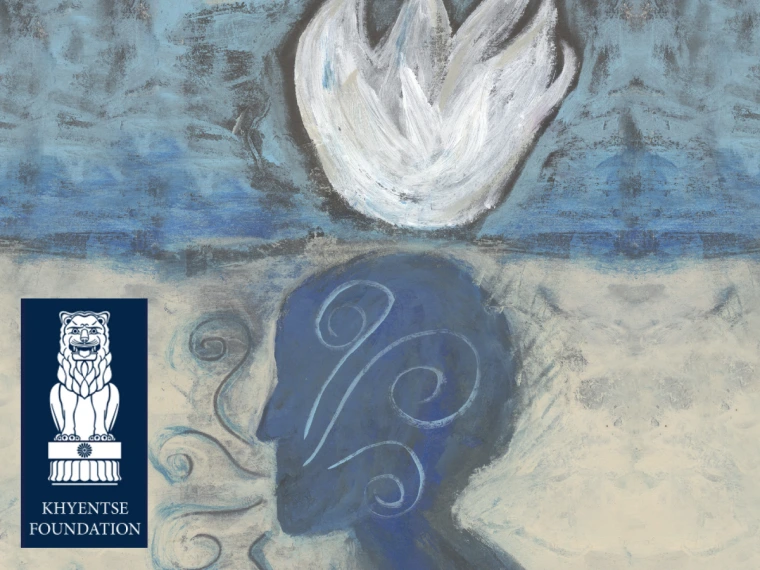The ti-yong 體用 paradigm, which thoroughly pervades and informs the Buddhist, Daoist, and Confucian manifestations of traditional East Asian philosophy, has received surprisingly scant attention from modern-day scholarship. Even then, attention has been limited in ways that do not capture the full original intent or scope of the paradigm, which is to provide a priorities-based soteriological system and an ethical framework for personal behavior. This presentation will examine ways in which the “essence-function” can be understood as a conceptual tool for the practitioner to reconcile the contradictions that emerge in juxtaposing the world of one’s inner being with external “realities.”
Presented by A. Charles Muller, Center for Evolving Humanities, University of Tokyo. Muller is a Professor in the Graduate School of Humanities and Sociology, University of Tokyo. His main work lies in the fields of Korean Buddhism, East Asian Yogâcāra, and East Asian classical lexicography. He is the current Publications Chairman for the BDK English Tripiṭaka, and Editor-in-Chief of the Journal of the Japanese Association for Digital Humanities.
Part of the Khyentse Foundation Lecture Series.
The lecture is presented in conjunction with the Center for Buddhist Studies conference Tripitaka for the Future: Envisioning the Buddhist Canon in the Digital Age.


